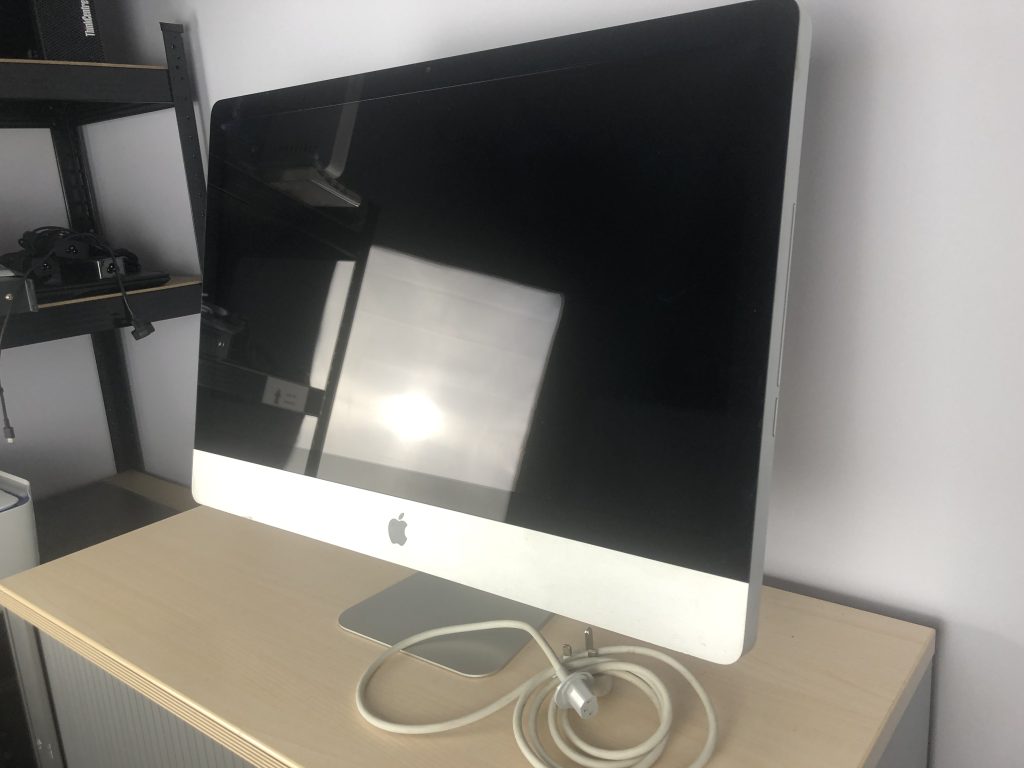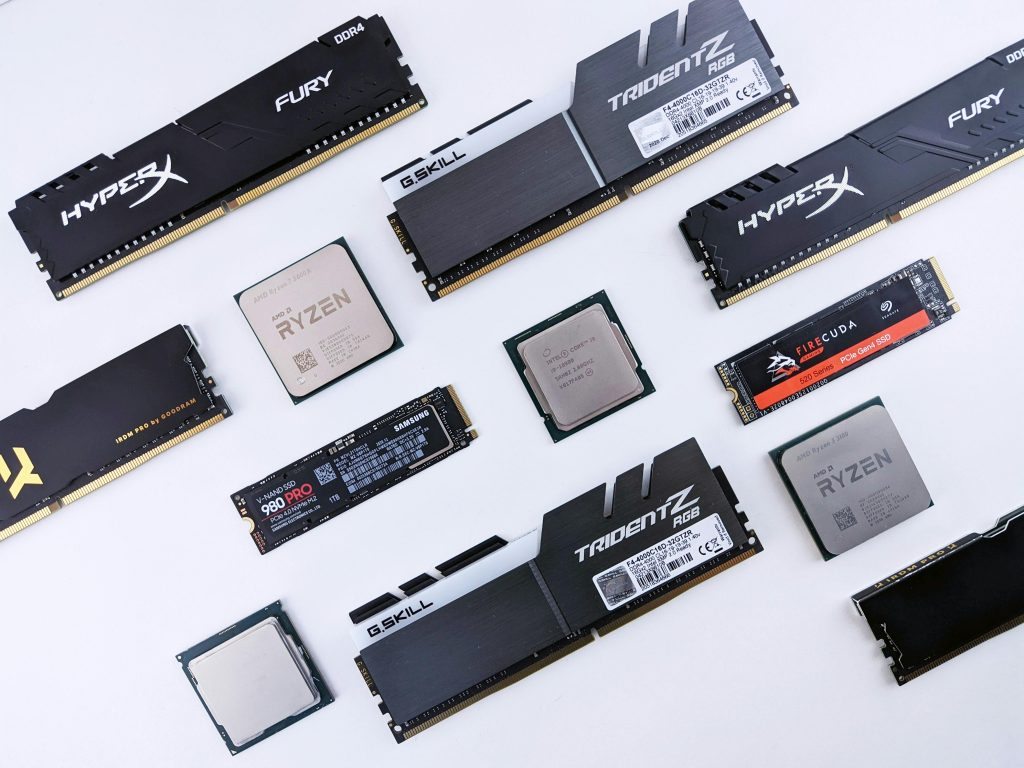Title: When Cyber Intruders Outperform IT: A Wind Farm’s Unusual Decision
In a fascinating story that highlights the complex relationship between cybersecurity and operational efficiency, a small wind farm company found itself in an unusual predicament. You may find this incident discussed in detail in the second episode of the podcast, Darknet Diaries.
The company faced a cybersecurity breach when hackers infiltrated their systems, leveraging the computational power of Windows machines linked to the turbines to mine Bitcoin. This situation could have spiraled out of control, but what set this case apart was the hackers’ unexpected approach to system management.
Unlike the company’s IT team, who had struggled to keep systems updated and secured, the intruders took it upon themselves to regularly patch the Windows boxes. This proactive behavior prompted suspicion among the staff, leading incident responders to investigate. Upon their discovery, the cybersecurity experts explained the necessary steps to eliminate the unauthorized access.
However, in a surprising twist, company management deliberated on the advisability of expelling the hackers. Their decision? To increase monitoring while allowing the cybercriminals to remain on the network. The rationale behind this unconventional choice was simple: the hackers were significantly more effective at maintaining the systems than the internal IT team.
This scenario raises intriguing questions about the state of cybersecurity in various sectors and highlights the importance of robust IT practices. As organizations increasingly rely on technology, the necessity for competent cybersecurity measures cannot be overstated.
As we navigate the complex landscape of digital security, this incident serves as a stark reminder of the challenges companies face and the necessity for continual improvement in cybersecurity protocols.
Share this content:



